April 22, 2025 | 02:37 GMT +7
April 22, 2025 | 02:37 GMT +7
Hotline: 0913.378.918
April 22, 2025 | 02:37 GMT +7
Hotline: 0913.378.918
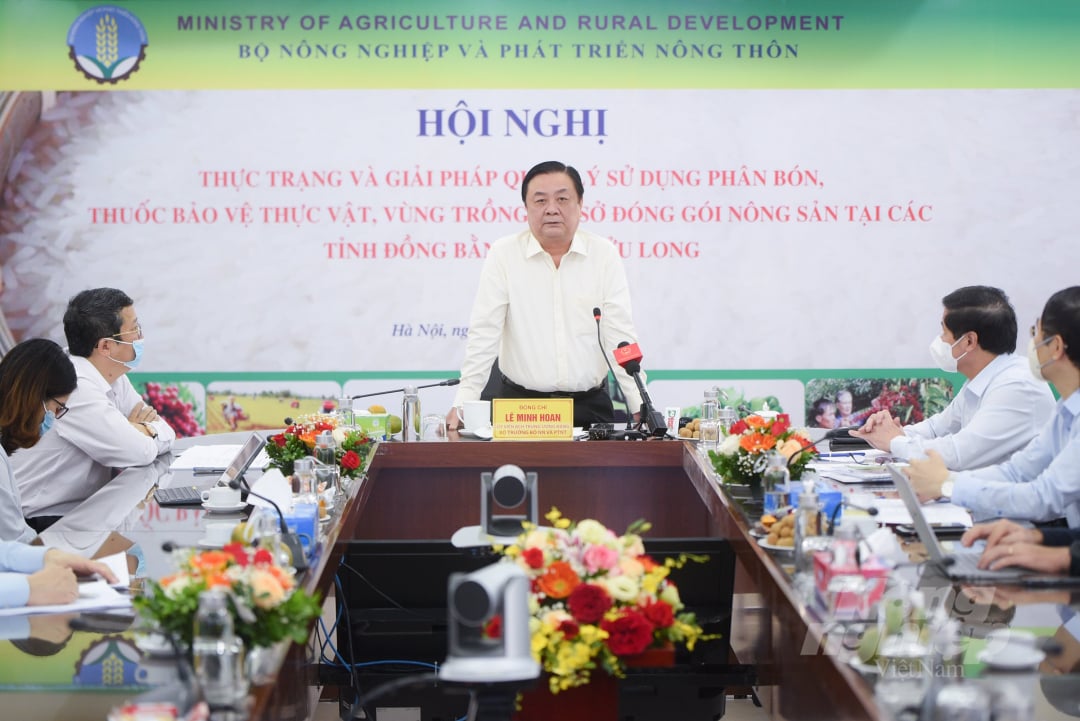
The Minister of Agriculture and Rural Development Le Minh Hoan on August 27th chaired an online meeting on the use of fertilisers, pesticides and plant protection products in the Mekong Delta region. Photo: Tung Đinh.
According to the head of the ministry’s Plant Protection Department Hoang Trung, agricultural production in the Mekong Delta region accounted for more than 50% of Vietnam’s agricultural production, over 90 per cent of the country’s food exports and approximately 70% of the country’s fruit exports.
The region is now facing many impacts and challenges caused by climate change. It is also facing a high risk of unsafe food, soil pollution and water pollution, which could reduce the competitiveness of its farming products in domestic and international markets.
The use of fertilisers and plant protection products in the Mekong Delta region is 35-40% higher than the national average. Particularly, regarding non-organic fertilisers, the Mekong Delta region uses up to 754 kg per ha while the national average is approximately560 kg per ha.
Vietnam in general and the Mekong Delta region in particular has a number of shortcomings in using fertilisers and plant protection products. To be exact, there are many cases of overuse.
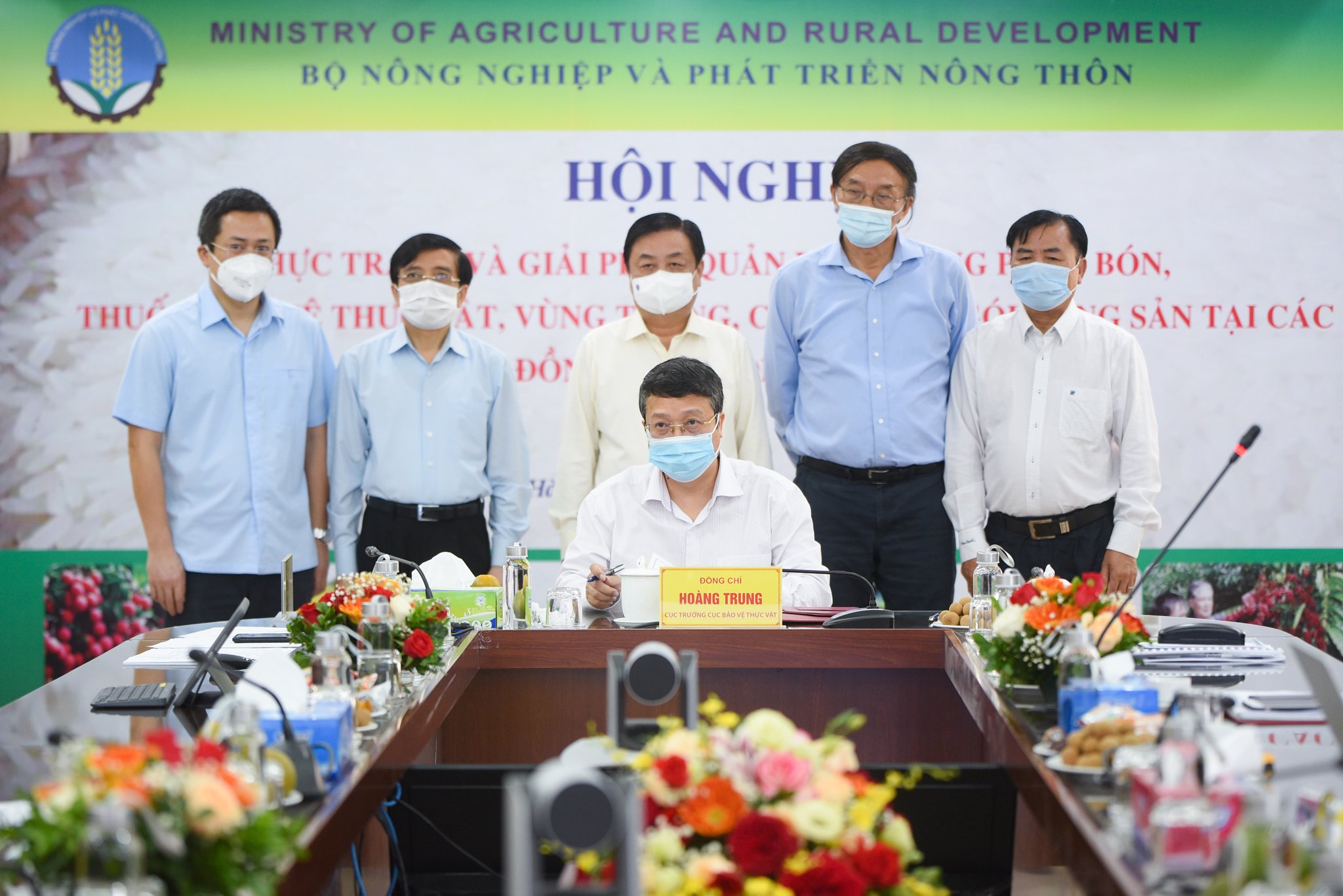
Plant Protection Divisions, companies and relevant agencies sign an agreement on the use of organic fertilisers and bio-products to protect crops at the meeting on Friday. Photo: Tung Đinh.
In order to make Vietnam’s farming products further meet the requirement of international importers, solutions were suggested at the meeting including mechanisms and policies to promote the use of organic fertiliser and bio-products for plant protection.
Specific groups such as managers, businesses and farmers need specific training in the use of fertilisers and plant production products.
It is also necessary to develop codes for farming areas and packing establishments as well as to develop value chains in agricultural production.
Public-private partnership models should be promoted further to ensure sustainable production and trade of key products in the region.

The use of fertilisers and plant protection products in the Mekong Delta region is 35-40 per cent higher than the national average. Photo: LHV.
Vietnam could also learn from the experiences of other countries and take advantage of their assistance in farming products management.
Minister of Agriculture and Rural Development Le Minh Hoan said that for a long, farmers in the Mekong Delta region have excessively used fertilisers and pesticides excessively to prevent diseases for crops and yield high production.
“It’s time to show farmers that if they change the way they use fertilisers and pesticides, food enterprises are willing to be with them,” Hoan said.
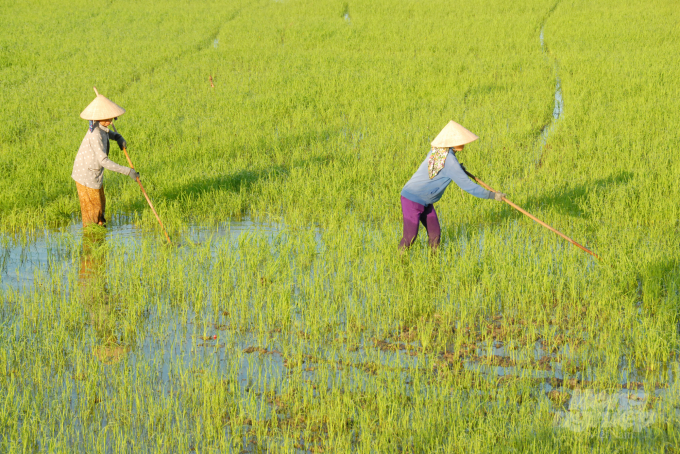
To develop sustainable agriculture, farmers have to change their mindset about the use of fertilisers and plant protection products. Photo: LHV.
It was necessary to build an ecosystem or alliance of responsible businesses that advocate for sustainable agriculture, for the sake of farmers and a national brand of agricultural products.
According to the Minister, the alliance will sit down with state management agencies to plan long-term and fundamental development strategies by which sustainable farming models will be implemented and expanded.
The models would help provide farmers with new approaches and new ways toward sustainable agriculture, he said.
Translated by Hien Anh
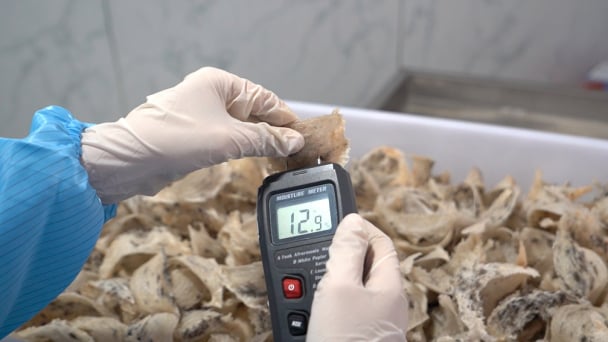
(VAN) Tien Giang province is linking swiftlet farming households in the region to establish a standardized bird’s nest production area to serve export demands, particularly for the Chinese market.
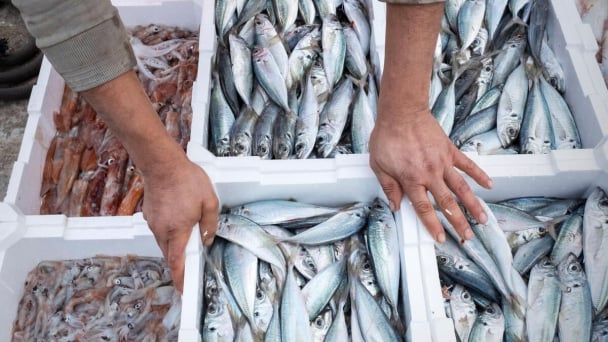
(VAN) China becomes a member of the Port State Measures to Prevent, Deter and Eliminate Illegal, Unreported and Unregulated Fishing (PSMA) to support the future of sustainable fisheries.

(VAN) During the working session with Deputy Minister Le Cong Thanh, Professor Francesco Corvaro, Italian Climate Change Envoy, reaffirmed Italy's commitment to supporting Vietnam in climate change response.
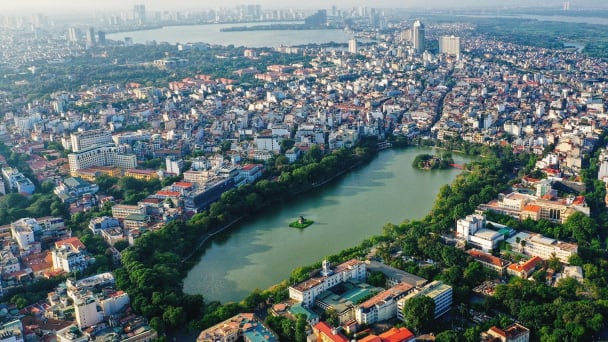
(VAN) After the merger, key leadership personnel of the provinces must consult with the General Secretary, key leaders, and the Standing Secretariat.
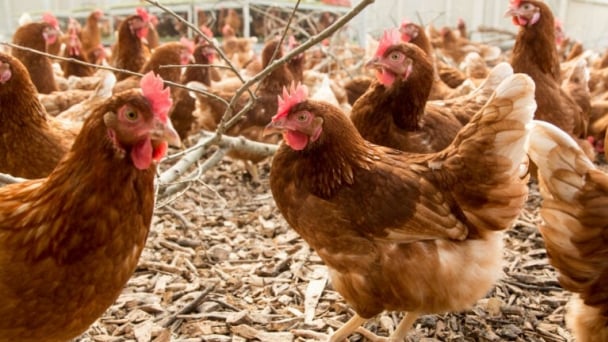
(VAN) The latest Business Benchmark on Farm Animal Welfare (BBFAW) reveals steady progress on farm animal welfare across the global food industry.
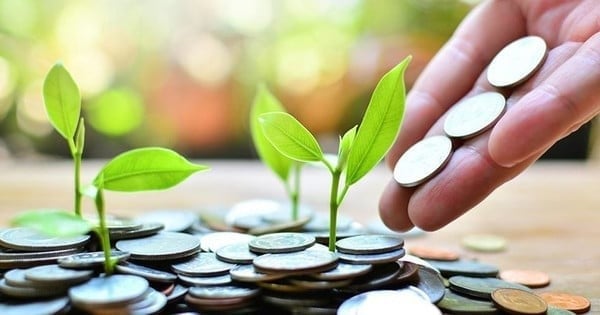
(VAN) Green credit is a financial policy that effectively supports environmentally friendly projects and activities today.
/2025/04/09/1049-2-165919_630.jpg)
(VAN) With a revenue of less than VND 30 billion/year, packaging producers are exempted from EPR liability under Decree No. 05/2025 newly issued.